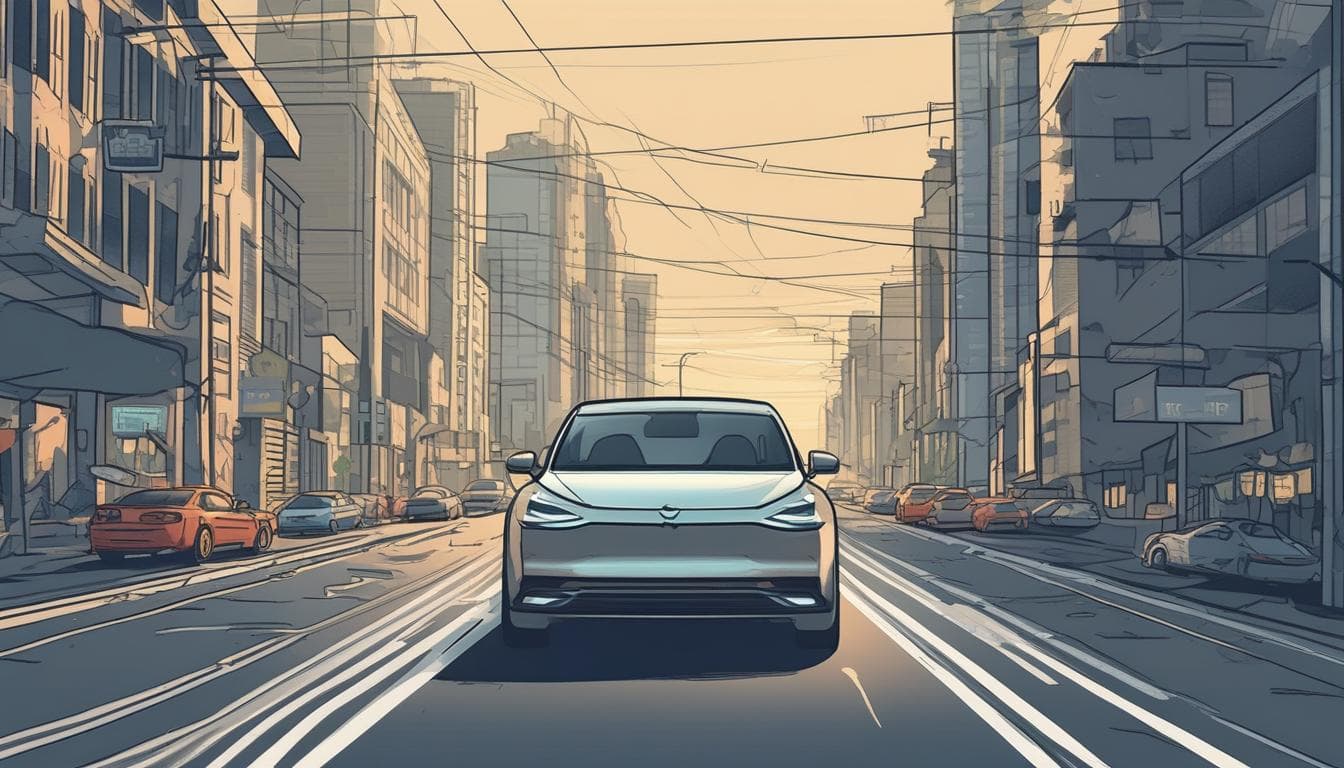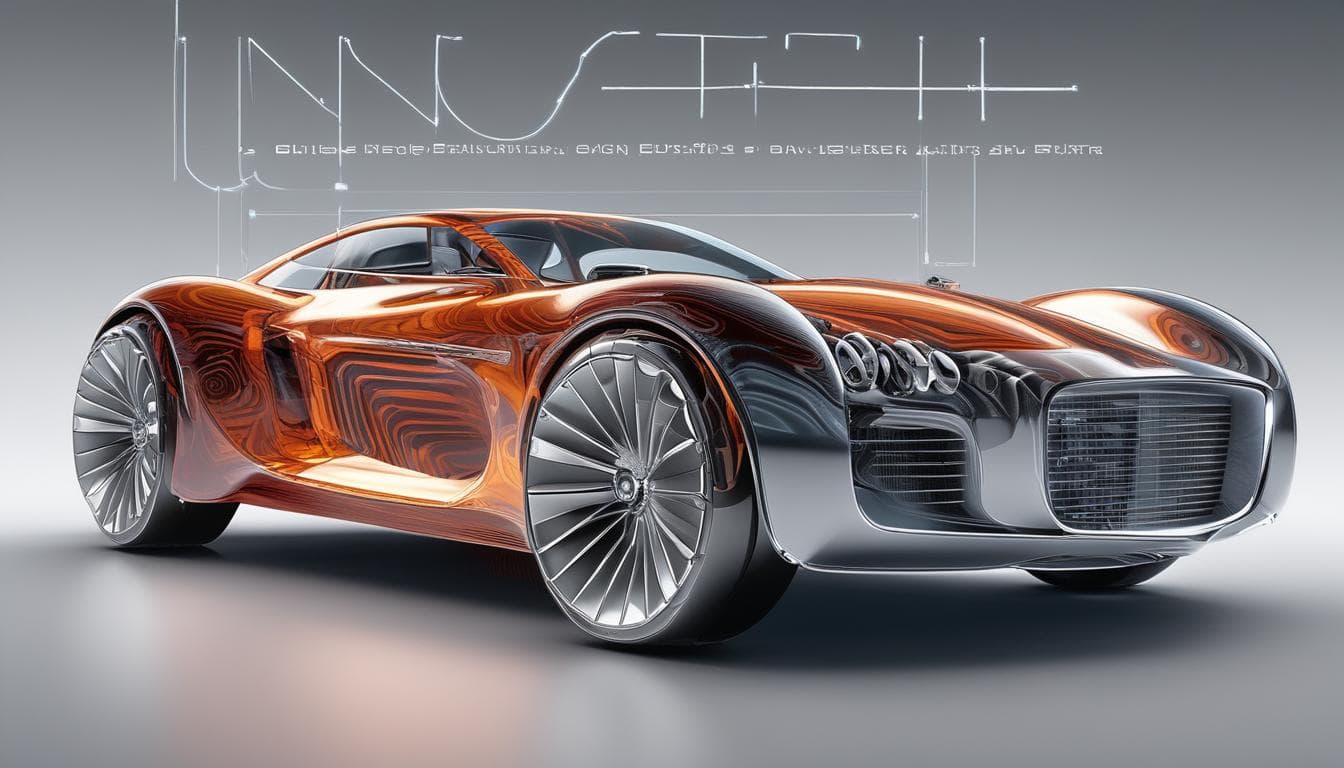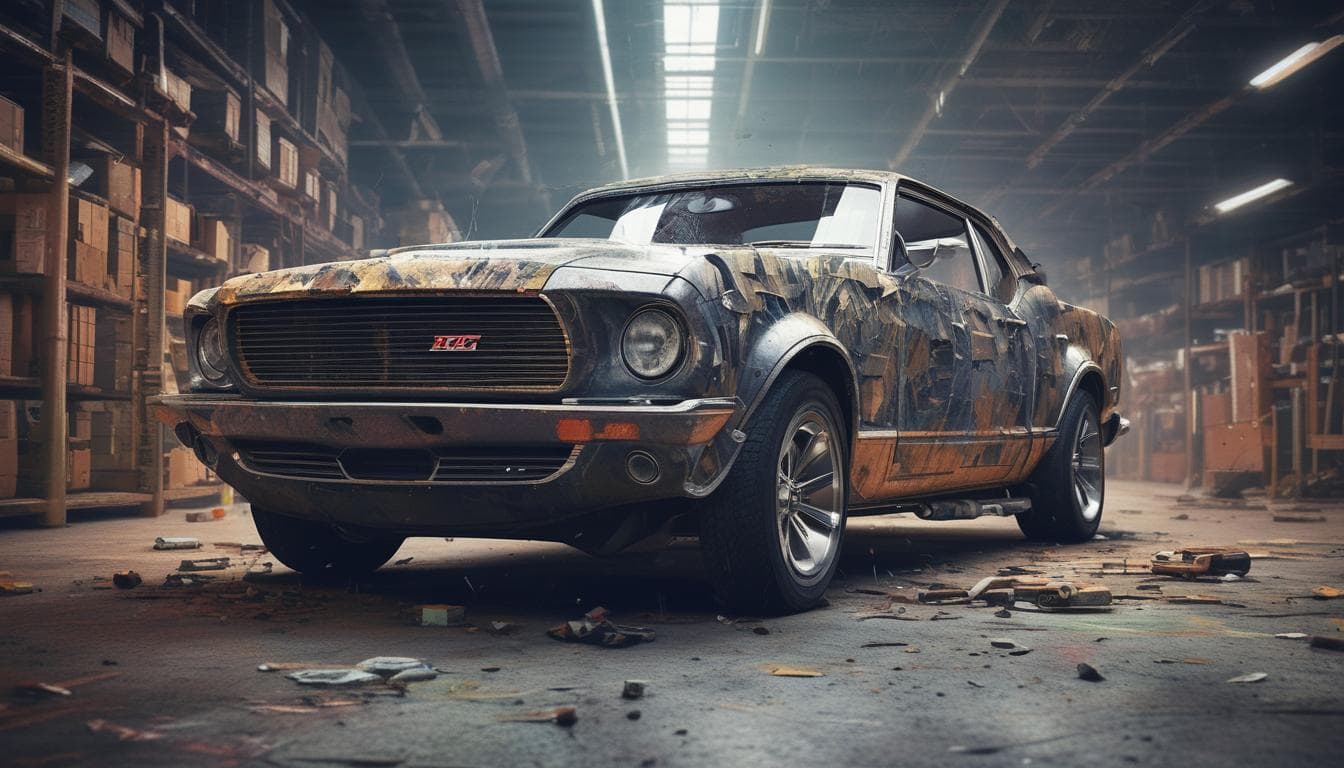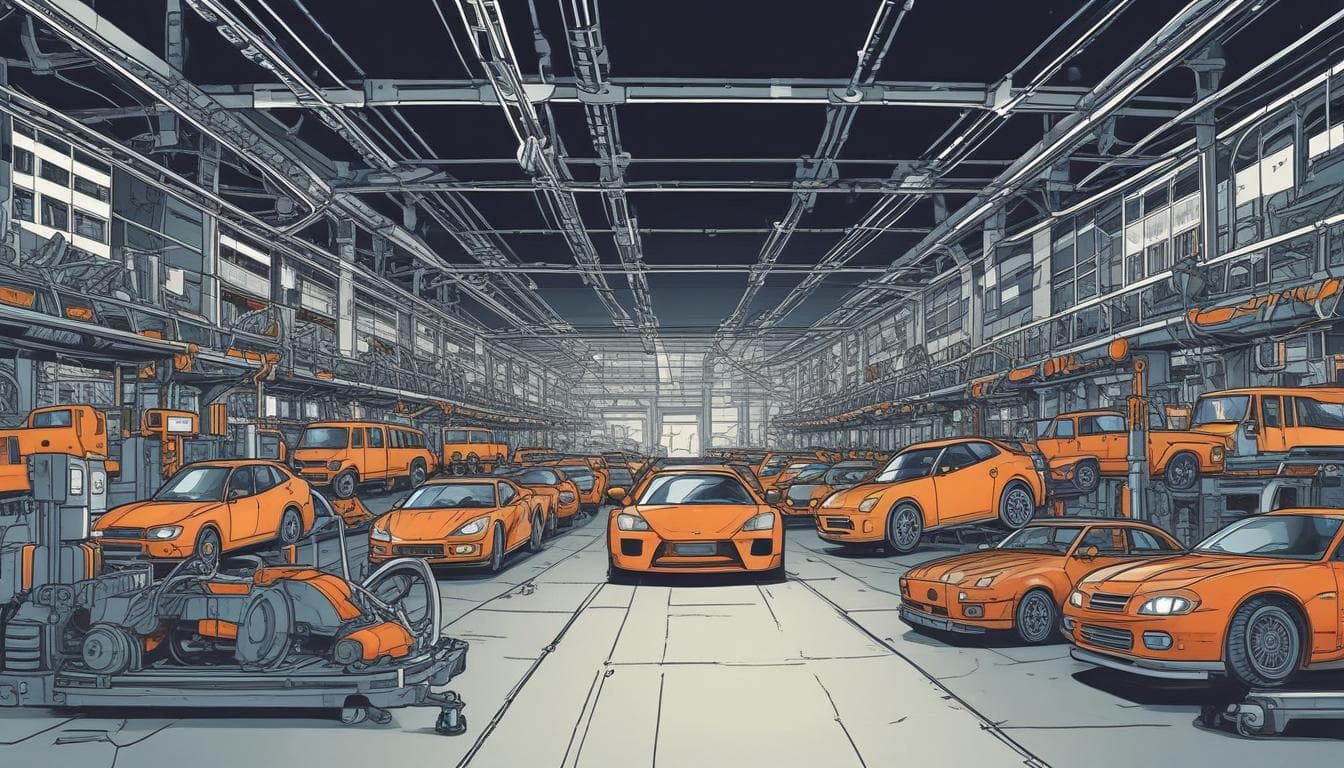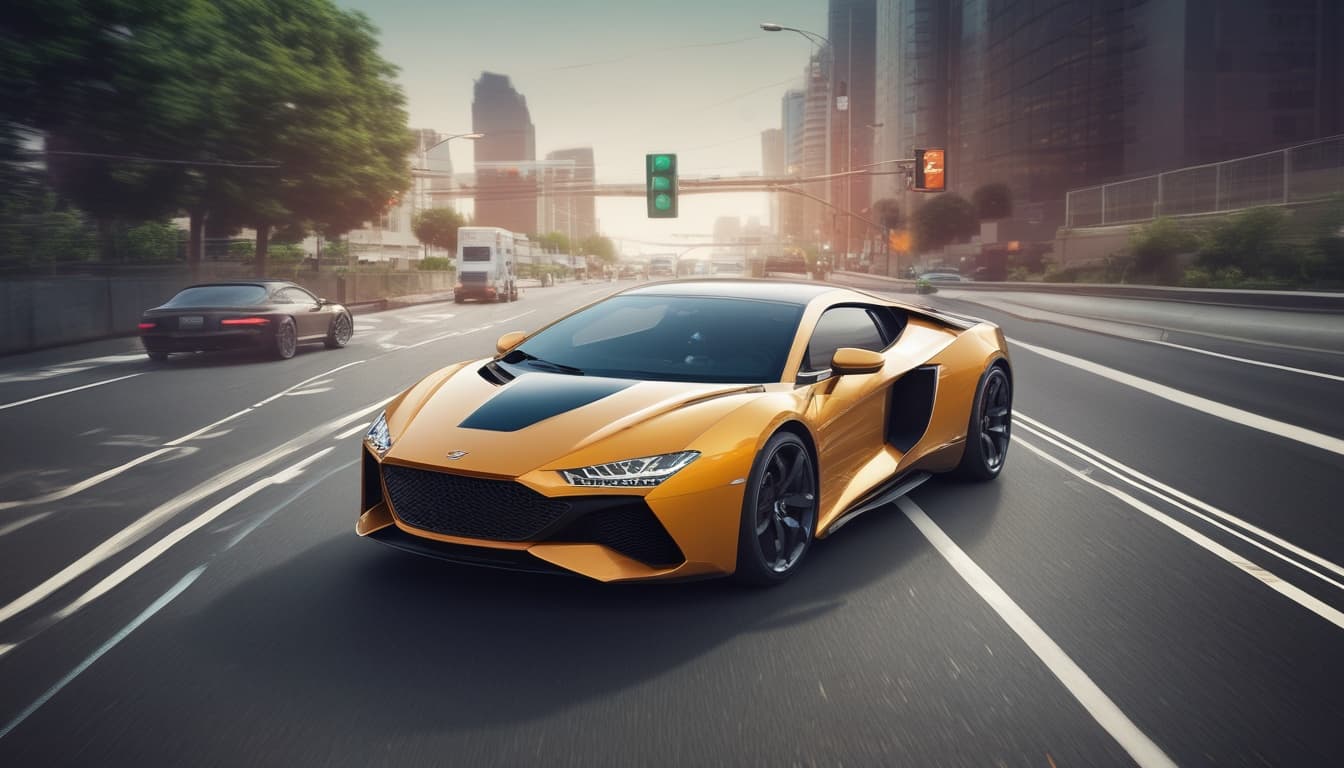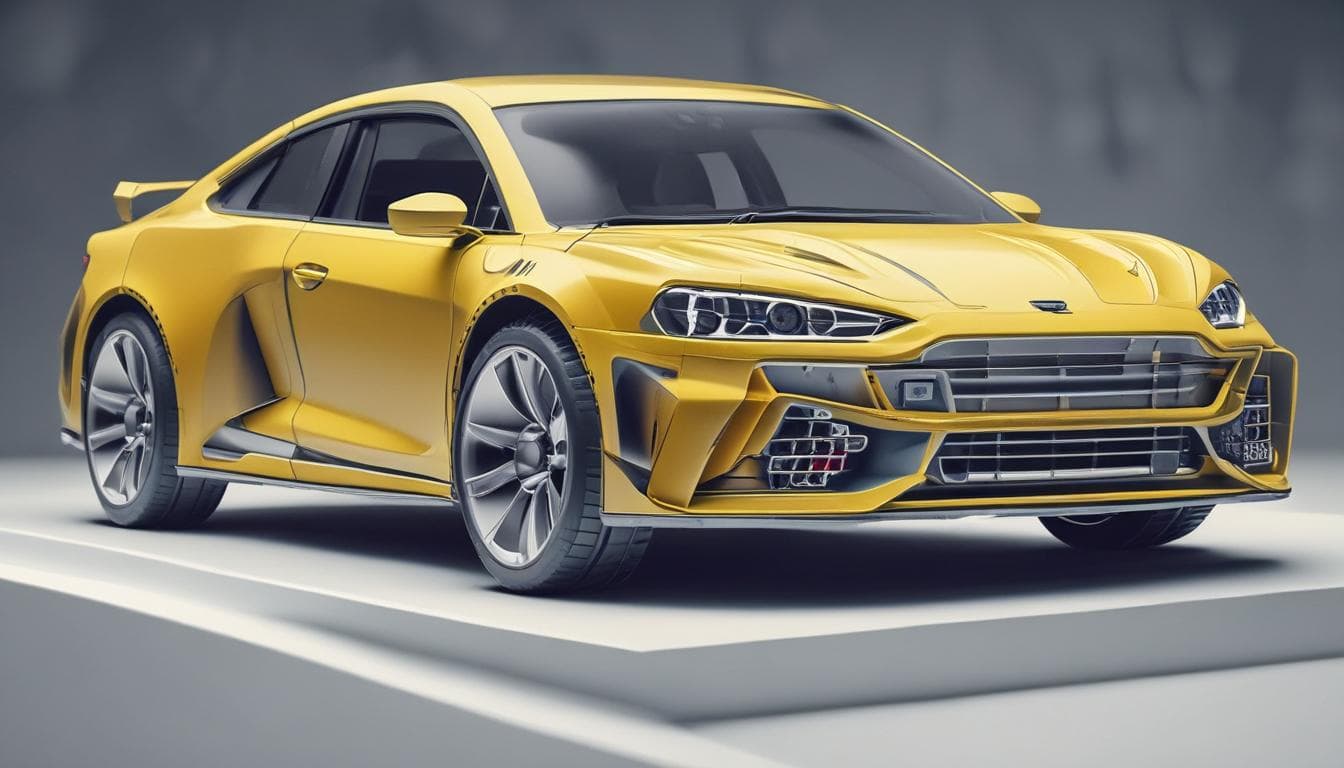As the automotive industry shifts towards shared autonomous fleets and increasingly standardized electric platforms, how do you envision the very definition of 'automotive luxury' evolving? Will traditional markers of status, like bespoke interiors or powerful engines, become obsolete? Or will new forms of personalized digital experiences, unique software features, or even 'curated journey narratives' emerge as the ultimate symbols of prestige and individual expression in a future where physical ownership might be less common?
The shift towards shared autonomous fleets and standardized electric platforms is indeed poised to redefine what automotive luxury means in the near future. Traditional markers such as bespoke interiors and powerful combustion engines have long been symbols of status, but as ownership models evolve and electrification takes center stage, these physical elements may become less dominant.
Instead, I believe luxury in the automotive world will pivot towards hyper-personalized digital experiences and software-driven features. Imagine vehicles offering "curated journey narratives," where every trip is tailored to an individual's preferences using AI, big data, and immersive technologies. These could include personalized entertainment, adaptive ambient environments inside the car, and seamless integration with a user’s digital life—elements far beyond physical comfort alone.
Furthermore, as shared mobility models rise, exclusivity might be signaled through unique software subscriptions or access to premium connectivity services that enhance safety, convenience, and infotainment quality. This trend is very much in line with the insights from The Hyper-Personalization of In-Car Experiences: How AI and Big Data are Crafting the Future of Driving.
Luxury could also extend to integration with emerging virtual realms, blurring the lines between physical and digital journeys. Concepts like virtual worlds and metaverse integration are poised to transform user interaction with vehicles entirely, offering fresh avenues for exclusivity and personalization, which you can explore further in Driving into the Metaverse: How Virtual Worlds are Transforming the Automotive Industry.
In summary, rather than becoming obsolete, the idea of automotive luxury will evolve—shifting from material opulence to experiential richness driven by technology, personalization, and new ownership frameworks. This new luxury will be subtle, immersive, and continuously adaptive to the user’s lifestyle and preferences.
Explorez plus sur ce sujet
Rejoignez la conversation
- Voitures auto-réparatrices : révolution ou science-fiction ?
Imaginez des voitures capables de se réparer toutes seules. Matériaux autorégénérants, diagnostics intelligents et mises à jour automatiques : comment cette technologie pourrait-elle transformer l'industrie automobile, du design à la maintenance ?
- L'industrie automobile française face à la mondialisation
Comment l'industrie automobile française peut-elle maintenir son identité et sa compétitivité sur le marché international tout en s'adaptant aux nouvelles technologies et aux exigences environnementales ? Partagez vos points de vue et analyses.
- Voitures du futur : plateformes de divertissement immersif ?
L'avenir de l'automobile s'annonce divertissant ! Imaginez des trajets transformés en expériences immersives de cinéma, jeux vidéo ou réalité virtuelle. Quelles implications pour la conception des véhicules, la sécurité et l'industrie automobile française ?
